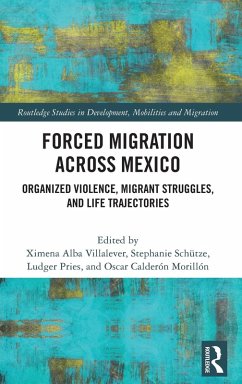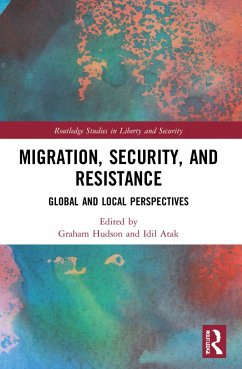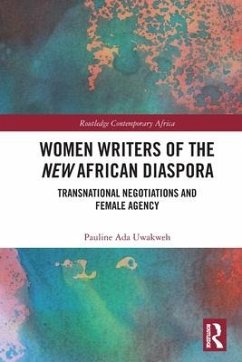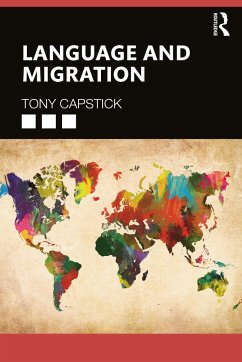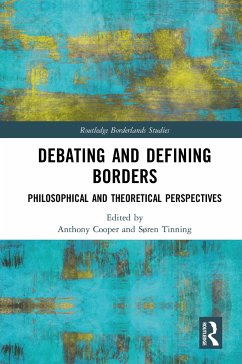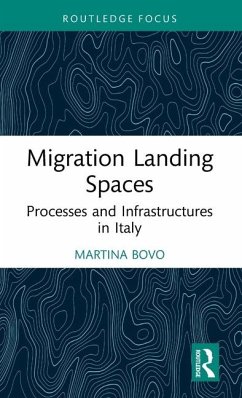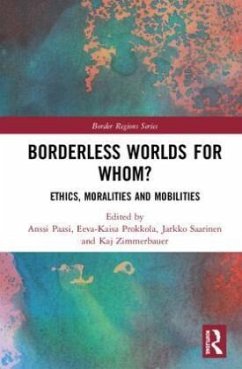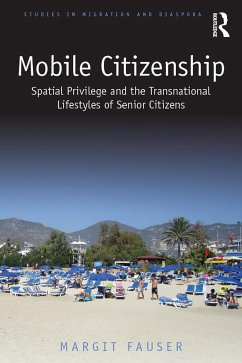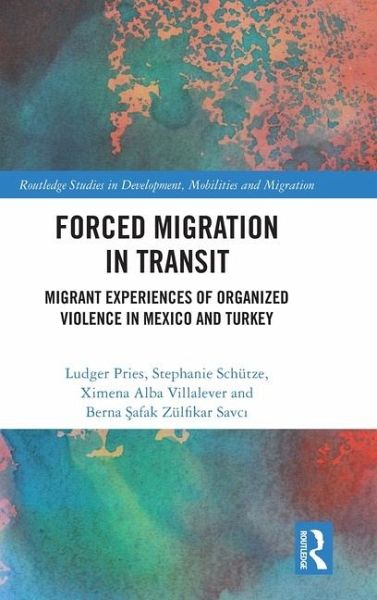
Forced Migration in Transit
Migrant Experiences of Organized Violence in Mexico and Turkey
Versandkostenfrei!
Versandfertig in 6-10 Tagen
154,99 €
inkl. MwSt.
Weitere Ausgaben:

PAYBACK Punkte
77 °P sammeln!
This book compares the life courses of forced migrants in two of the world's most important transit countries: Turkey and Mexico. It examines the local, regional, and global contexts of their experiences, trajectories, and biographical projects, caught between return, stay, and forward movement.Forced migration has increased rapidly around the world in recent years, with Mexico and Turkey experiencing particularly high numbers of migrants, as conflict, violence, authoritarian regimes, environmental disasters, economic instability, lack of opportunity, and generalized violence have driven peopl...
This book compares the life courses of forced migrants in two of the world's most important transit countries: Turkey and Mexico. It examines the local, regional, and global contexts of their experiences, trajectories, and biographical projects, caught between return, stay, and forward movement.
Forced migration has increased rapidly around the world in recent years, with Mexico and Turkey experiencing particularly high numbers of migrants, as conflict, violence, authoritarian regimes, environmental disasters, economic instability, lack of opportunity, and generalized violence have driven people to leave their homes in search of a better life. With a special focus on organized violence, this book analyzes the specific impact of organized violence on the trajectories and biographies of forced migrants, situating these life courses in the political, economic, cultural, and social contexts of the countries of origin (Afghanistan, Iraq and Syria; El Salvador, Guatemala, and Honduras) and in the country of transit (Turkey and Mexico). Using extensive original empirical data and analysis, it argues that forced migration is a long-lasting social process based on everyday actions and social practices throughout the migration trajectory.
Systematically comparing two of the world's most important transit countries, this book will be of interest to researchers in the fields of migration, politics, international relations, and sociology.
Forced migration has increased rapidly around the world in recent years, with Mexico and Turkey experiencing particularly high numbers of migrants, as conflict, violence, authoritarian regimes, environmental disasters, economic instability, lack of opportunity, and generalized violence have driven people to leave their homes in search of a better life. With a special focus on organized violence, this book analyzes the specific impact of organized violence on the trajectories and biographies of forced migrants, situating these life courses in the political, economic, cultural, and social contexts of the countries of origin (Afghanistan, Iraq and Syria; El Salvador, Guatemala, and Honduras) and in the country of transit (Turkey and Mexico). Using extensive original empirical data and analysis, it argues that forced migration is a long-lasting social process based on everyday actions and social practices throughout the migration trajectory.
Systematically comparing two of the world's most important transit countries, this book will be of interest to researchers in the fields of migration, politics, international relations, and sociology.






